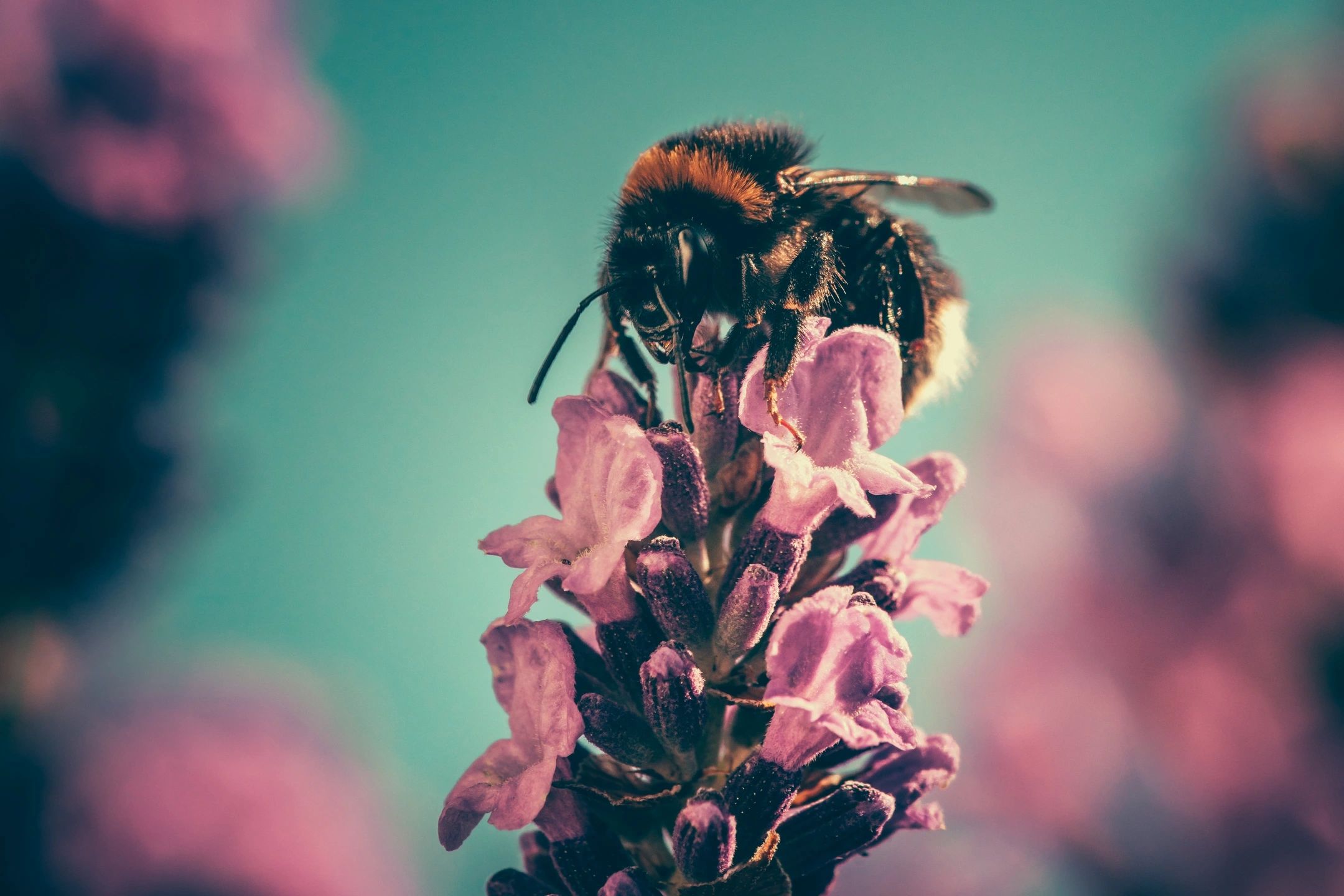Pollinators, particularly honey bees, are nature’s unsung heroes, playing a crucial role in our environment. In Virginia, these industrious insects are indispensable for the health of local ecosystems, including those in USDA zones 6a-7a. Their importance extends far beyond the production of honey; they are vital for the pollination of many Virginia native flowers and crops.
The Importance of Pollinators and Honey Bees
Pollinators like honey bees contribute significantly to our natural world. By transferring pollen from flower to flower, they not only facilitate plant reproduction but also contribute to the diversity and health of ecosystems. This process is essential for the growth of many fruits, vegetables, and nuts, making pollinators key players in our food supply chain.
In Virginia, honey bees are particularly drawn to native wildflowers. These flowers, adapted to the local climate, provide an abundant source of nectar and pollen. Planting native flowers in gardens and landscapes not only adds beauty but also supports the local bee population. For homeowners in zones 6a-7a, this can be an effective way to contribute to environmental conservation.
Supporting Pollinators in Your Garden
Homeowners can play a pivotal role in supporting pollinators by incorporating organic gardening practices and planting native wildflowers. Choosing plants that thrive in your specific USDA zone ensures that your garden becomes a haven for these vital creatures. For instance, incorporating plants like Virginia Bluebells, Butterfly Weed, and Joe-Pye Weed, which are native to Virginia and flourish in zones 6a-7a, can attract more pollinators.
Organic gardening practices, such as avoiding pesticides and using natural fertilizers, also contribute to a healthier environment for bees. Pesticides can be harmful to pollinators, so opting for organic methods helps protect these essential creatures.
The Broader Impact
The efforts to protect and support pollinators, particularly honey bees, have far-reaching effects. A healthy bee population indicates a healthy ecosystem, benefiting not just the flora and fauna but also human beings. Through simple actions like planting native flowers and practicing organic gardening, homeowners can make a significant contribution to the conservation of these vital insects.
Conclusion
In conclusion, pollinators and honey bees are crucial for the health of our environment, especially in Virginia’s USDA zones 6a-7a. By understanding their role and taking steps to support them, such as planting native flowers and practicing organic gardening, we can ensure that these essential creatures continue to thrive in our landscapes.

